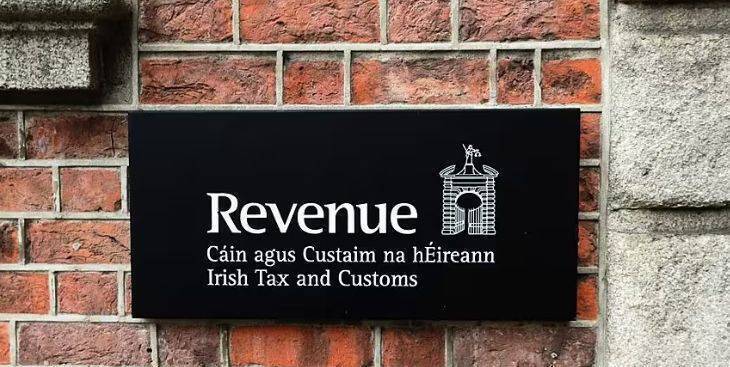Ireland-based GPs are set to benefit from a significant lightening of the load, thanks to a new common conditions service allowing pharmacists to prescribe for an initial list of eight conditions, a move hailed as “really important.”
Patients will be able to obtain a number of prescriptions from pharmacies instead of GPs from early next year, the health minister recently announced. In a move that attempts to alleviate pressure on overstretched GPs, patients suffering from eight illnesses, including thrush and UTIs, will be able to fill prescriptions without the need for a GP visit.
The move follows a recommendation made by the Expert Taskforce to Support the Expansion of the Role of Pharmacy. The group recommended that pharmacists be enabled to prescribe independently, “within their scope of practice and competence”. This is to be a stepwise implementation, with the introduction of a common conditions service. The initial list of eight conditions for which pharmacists will be able to prescribe is allergic rhinitis, cold sores, conjunctivitis, impetigo, oral thrush, shingles, uncomplicated UTI and vulvovaginal thrush. For each condition, pharmacists will offer advice, and when necessary, prescribe prescription-only medicines.
The recommendation follows a final report by Galway Bay FM, which deems that just two counties, Galway and Waterford, have what the World Health Organisation (WHO) deems a satisfactory number of GPs. The WHO recommended ratio is 100 GPs per 100,000 population and both counties had 102 last year – making them the only areas with sufficient coverage. County Meath, in comparison, had the lowest level of GPs, with 118 – amounting to 54 per 100,000 population.
IPU president Tom Murray said the 18 recommendations will make it “significantly easier and quicker” for patients to get treatment. “However a lot of work still needs to be done before implementation can begin,” he said. The move also means a change to how pharmacists are trained, taskforce chair Dr Pat O’Mahony assured. “I think it’s a great opportunity for the public, for patients, to enhance the level of service that they get in a safe, proportionate way,” he added.
“We’ll have very significant additional training, specialist training, a regulatory framework in place,” Minister for Health Stephen Donnelly told Newstalk’s Pat Kenny of the scheme, citing that such systems already exist in other countries. “We’re working very closely with the regulator on this and a task force that we put together is a very serious group of people. So we have experts in medicine, experts in pharmacology, experts in medicine safety.
“We have the GP represented throughout their professional body, the Irish College of General Practitioners. We have the pharmacy regulator on board. So we’re going to do this in line with additional regulation, additional training, additional oversight. And we have to remember that pharmacists, like doctors or like nurses, they are highly trained clinical professionals and are trusted.”
The Irish Pharmacy Union (IPU), who welcome the move, have also cautioned that funding is needed to support the “ambitious plan” before it can roll out. And, as of yet, it has not been decided what fees patients will pay in pharmacies. Indeed, serious concerns remain among pharmacists around fees paid by the State for the work they already do. In response to this, Minister Donnelly told the IPU that discussions will take place on this, and said: “I want those talks to commence formally after the Budget.”
Welcoming the announcement, Professor Tracy Robson, Deputy Vice-Chancellor for Academic Affairs, RCSI said: “This decision marks a really important and positive development for patients and for the wider health system. Worldwide there is broad agreement that the most promising model for a sustainable healthcare system is one that increases productivity by extending the scope of practice of healthcare professionals like pharmacists.”
“We look forward to supporting the education and training of pharmacists for pharmacist prescribing, as outlined in the recommendations”, added Professor Robson.





